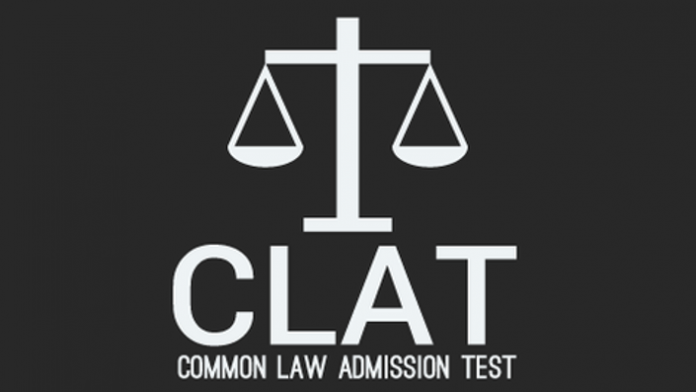This article is written by Harsh Vardhan Tiwari.
UG
Overall- The paper was lengthy and difficulty level was Moderate- Hard.
Good Attempt- 110-125.
Top 3 NLU Cutoff- 110+
Good Score to get NLU- 98+
English- 30 Question, 6 Comprehension.
Difficulty- Easy. Inference based Questions, Antonym-Synonym, Figure of speech.
Current affairs and GK– 7 Comprehension, 36 questions.
Difficulty- Moderate (The section was lengthy), Very recent legal issues. (Focus on International Relations).
Questions were based on- UAE and Israel Relations, SCO (India-Pakistan tensions), NEP, India-China Border Dispute, Rafale Deal, FEMA and RBI, FDI (Aatmanirbhar Bharat, Make in India and other Schemes).
Legal Reasoning– 8 Comprehensions, 39 Question,
Difficulty- Moderate- Tough (Lengthy), Questions based on Recent Legal Issues (Legal Principle Questions, prior knowledge in some questions was required).
Questions were based on- Force majeure due to COVID-19, Obscenity and related case, Vizag gas leak (Strict Liability and Polluter Pays Principle), Natural Justice, Palghar Mob Lynching, Defamation (Arnab Goswami case), Common Intention and Similar Intention, Ex post facto Laws Article 20(1).
Logical Reasoning– 30 question.
Difficulty- Moderate, Questions were based on entirely on Critical reasoning but there were few questions of Analytical Reasoning ( Coding-Decoding), (Statement-Assumptions), (Syllogism).
Quantitative Techniques– 15 Question, 3 Comprehension.
Difficulty- Moderate- Tough, Questions were based on Data Interpretation (Percentage, Ratio, Average), Mensuration.
PG
Overall- The CLAT PG 2020 paper was the first of its kind after the CLAT consortium declared the vast changes in the pattern of the paper. The paper was lengthy and even though it consisted of only 120 questions, it was quite difficult to complete the same within the allotted time. The paper consisted of passages from recent judgements ( Prashant Bhushan judgment, Right to privacy judgement etc), criminal law, jurisprudence and international law. The standard of the questions was a bit difficult.
Questions were asked on- Reservation in promotions for the disabled persons (Constitutional Principles, case laws and Questions based on Jurisprudence), Prashant Bhushan Contempt Case, Right to Privacy case, Anuradha Bhasin Case ( Internet Restrictions in J&K) and other important case laws.
The comprehensions were mostly from some landmark case and the questions which followed were on applicability, principles, and the jurisprudential aspect.
Landmark cases of International law were also asked in the examination. Principles of Criminal Law and Constitutional Law were also there in the paper.
LawSikho has created a telegram group for exchanging legal knowledge, referrals and various opportunities. You can click on this link and join:
 Serato DJ Crack 2025Serato DJ PRO Crack
Serato DJ Crack 2025Serato DJ PRO Crack










 Allow notifications
Allow notifications


